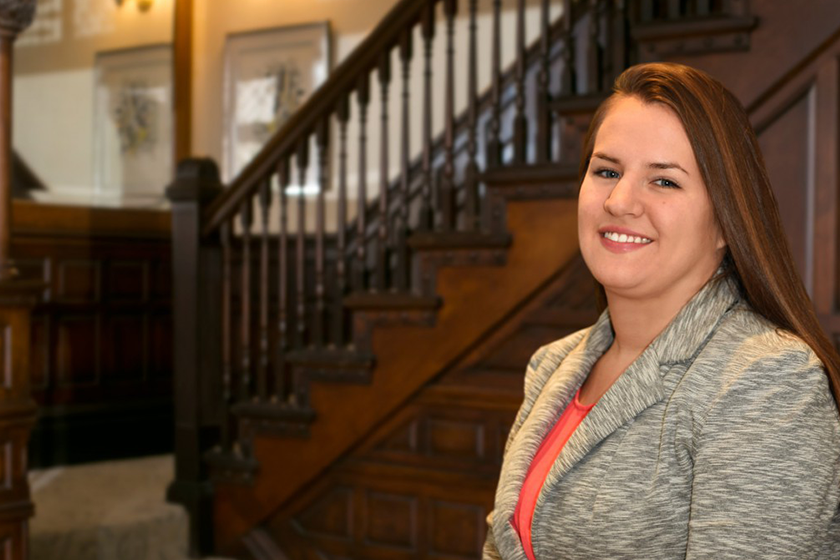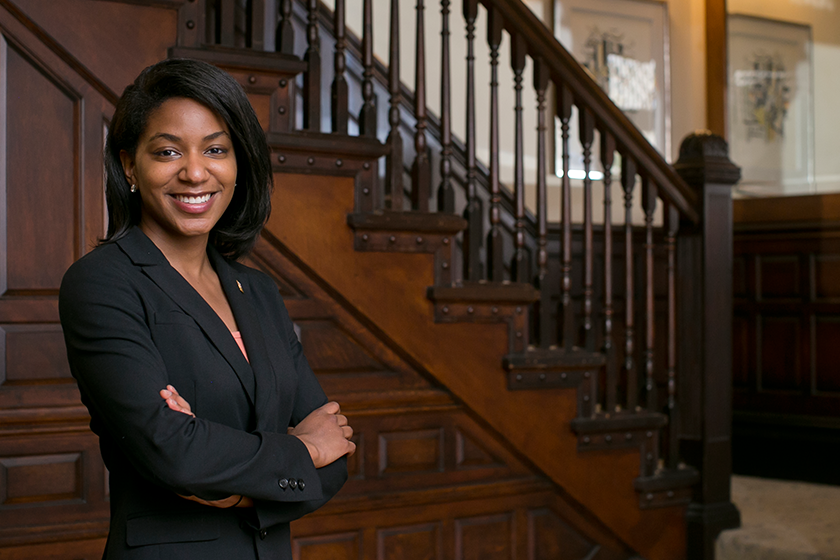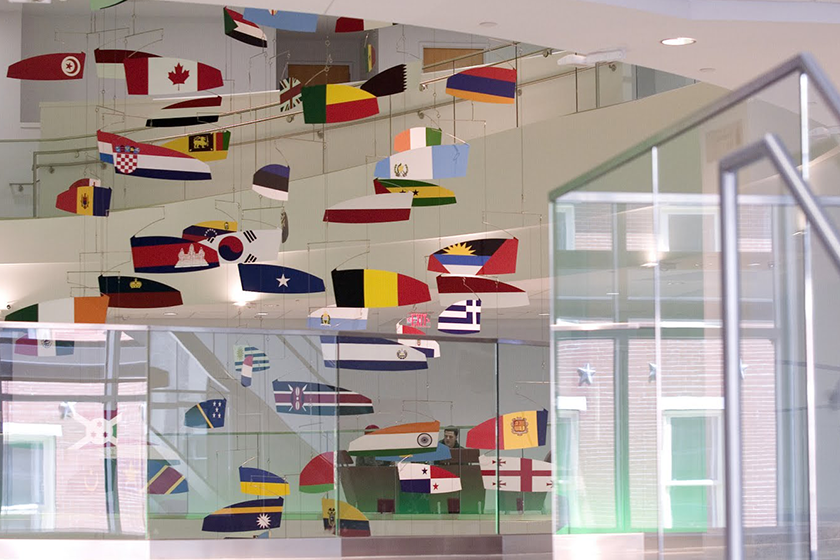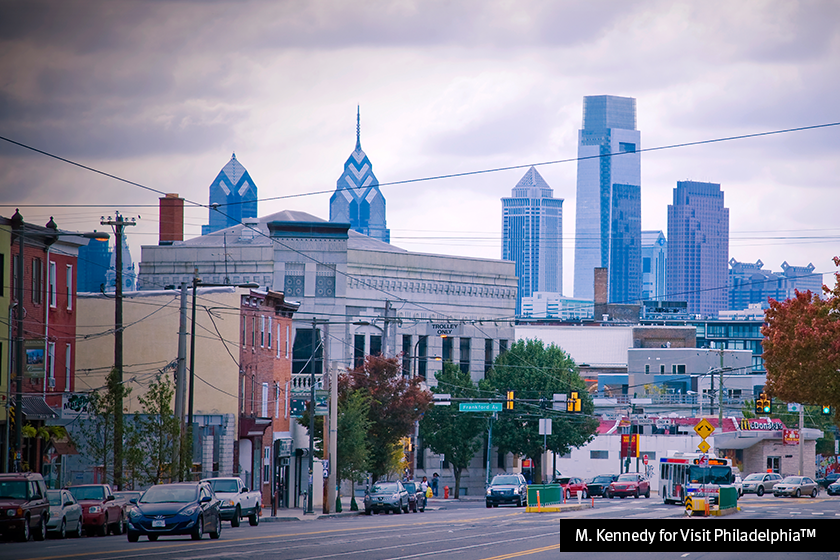In Pennsylvania, there are 11.1 African Americans and 6 Hispanics in federal or state prison for every White prisoner.[1] Nationally, there are more than twice as many people on probation or parole than there are incarcerated.[2] One in three United States adults will have been arrested by the age of 23.[3] The magnitude of the problem of criminal records is hard to comprehend, especially when we factor in people who are arrested, charged with crimes, and never convicted. In many cities, low-income communities of color are disproportionately policed as compared to higher-income, white communities.[4] This means that residents of low-income neighborhoods often have more criminal records, adding more barriers to escaping poverty.[5] Around 87% of employers conduct criminal background checks during the hiring process, which makes any criminal record (conviction or otherwise) a potential barrier.[6] Philadelphia has the highest per capita incarceration rate of the 10 largest U.S. cities, with almost 7 out of every thousand citizens behind bars.[7] Additionally, Philadelphia is one of the poorest major cities in the United States, so when we …










